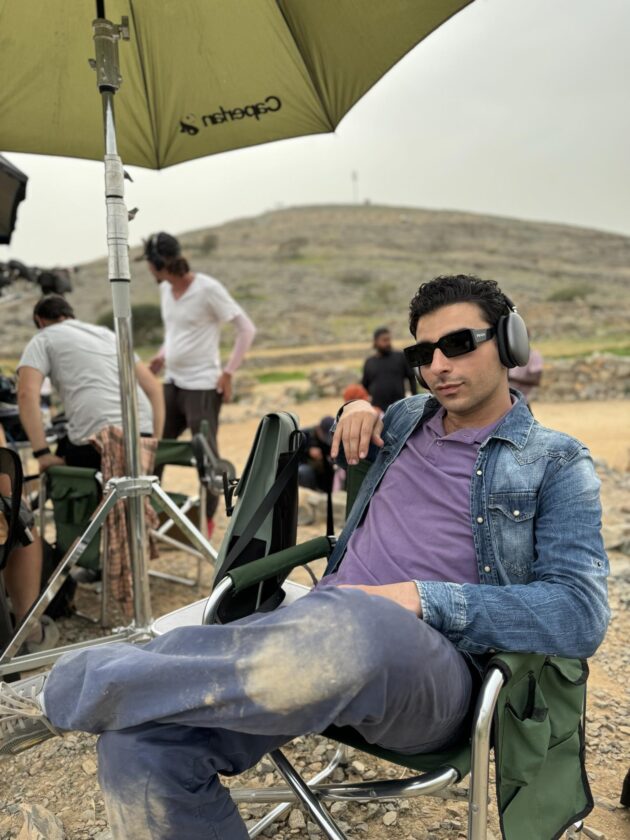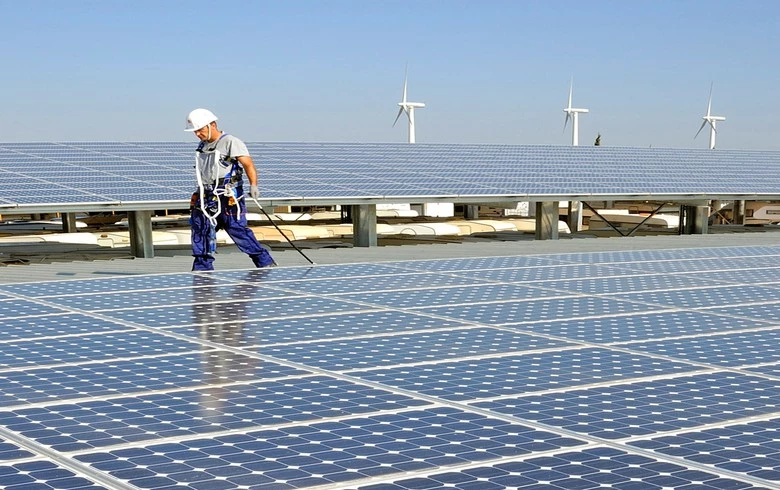Promoting human rights and democratic governance is a core element of U.S. foreign policy. These values form an essential foundation of stable, secure, and functioning societies. The 2016 Country Reports on Human Rights Practices (The Human Rights Reports), published on March 3 2017, demonstrate the United States’ unwavering commitment to advancing liberty, human dignity, and global prosperity.
The Report made an overview on Human rights practices in the North African countries.
As far as Algeria is concerned, the report underlines that the three most significant continuing human rights problems are restrictions on the freedom of assembly and association, lack of judicial independence and impartiality, and limits on freedom of the press.
The report reveals that other human rights concerns are the excessive use of force by police, including allegations of torture; limitations on the ability of citizens to choose their government; widespread corruption accompanied by reports of limited government transparency; and societal discrimination against persons with disabilities, persons with HIV/AIDS, and lesbian, gay, bisexual, transgender, and intersex (LGBTI) persons.
The government does not take sufficient steps to investigate, prosecute, or punish public officials who committed violations. Impunity for police and security officials remains a problem, and the government rarely provides information on actions taken against officials accused of abuses, the report adds.
Attacks by terrorist groups remain a significant problem. Terrorist groups committed attacks against the security services and targeted military personnel in particular, the report concluded
For Morocco, the report unveils that the most significant continuing human rights problems are corruption, discrimination against women, and disregard for the rule of law by security forces.
Besides, the report presents other human rights violations .The security forces occasionally commit human rights abuses, including reports of mistreatment in detention centers. Though prison and detention center conditions improved over the year, in some instances, they still do not meet international standards. Pretrial detention conditions are a special problem due to overcrowding, and detention periods are often extended. The judiciary lacks full independence, and sometimes denies defendants the right to a fair public trial.
The report notes that domestic and international nongovernmental organizations (NGOs) assert there are political prisoners, although the government asserts that these individuals are charged with criminal offenses and the government abridges civil liberties by infringing freedom of speech and press, mainly by harassing and arresting print and internet journalists for reporting or commenting issues sensitive to the government.
The report indicates also, limited freedom of assembly and association and restricted the right to practice one’s religion.
As regards Tunisia, the report notes that the most significant human rights problems include slow and opaque investigations and prosecutions of alleged security forces for human rights abuses; arbitrary arrests and detentions of suspects under anti-terrorism laws; and the infringement of gay, lesbian, bisexual, transgender, and intersex (LGBTI) rights.
Other human rights problems include physical abuse of prisoners in detention centers and prisons, poor prison and detention center conditions, lack of judicial independence, lax prosecutorial environment with poor transparency, violence against journalists, corruption, gender-based violence, and societal obstacles to full economic and political participation of women, adds the report.
The report concludes that the government took steps to investigate officials who committed abuses, but investigations into police, security force, and detention center abuses lack transparency and frequently encounter long delays and procedural obstacles.
FBM




